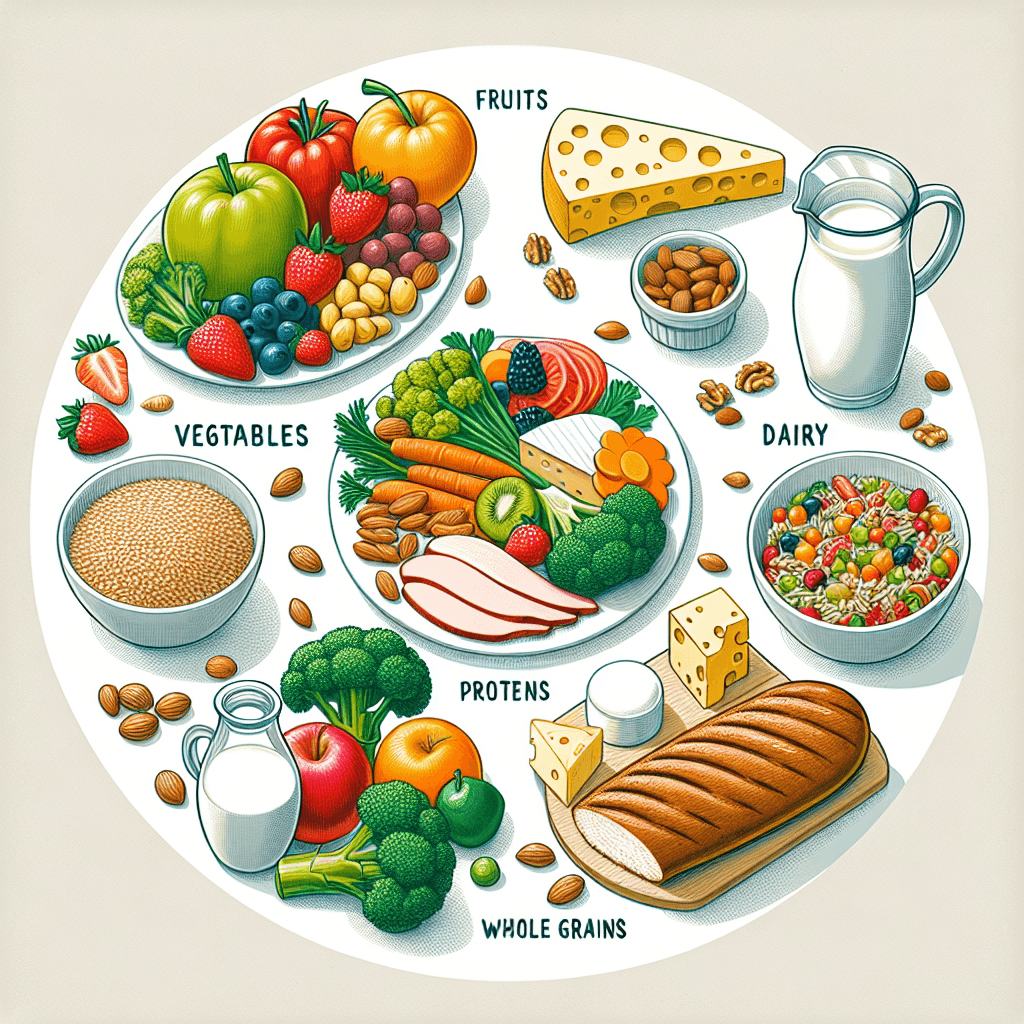Understanding the Link Between Nutrition and BMI
Although Body Mass Index gives a hint about your health, it is not sufficient to use this number as the sole measure. The healthy BMI can be obtained by making a healthy diet and adopting the right life. How could you, then, sustain a healthy BMI? Some tips and suggestions on nutrition right here!
Why does a Healthy BMI matter?
A healthy BMI is an indication that your body contains the correct amount of fat and lean muscle. On the other hand, being overweight can provide health issues such as heart disease and diabetes, whereas being underweight will weaken your immune system and ultimately provide you with poor quality health. A healthy BMI is thus a strong and sure-shot indicator of good overall health.
Nutrition Tips for Maintaining a Healthy BMI
The very start of healthy eating habits marks a healthy BMI. A few mere suggestions that may help you are:
- Base meals on higher-fiber starchy foods such as potatoes, bread, rice, or pasta. This form of carbohydrates will keep you going and forms a good base for any meal.
- Add some dairy product or dairy alternatives like soy drinks. Milk, or dairy products, contains the highest amount of calcium. Calcium is very essential to build strong bones.
- Consume a wide variety of foods high in protein, beans, pulses, fish, eggs, meats, and so on. Protein guards the muscles and helps keep you full for a longer duration.
- Choose unsaturated oils and spreads but use them in moderation. Healthy fats are from unsaturated fats. These are found in olive oil and avocado.
- Fluid intake: Hydrate well and drink at least 6 to 8 glasses a day. Good hydration is a general principle of life and maintenance of a well-functioning system.
2. Control Your Portion
Quantity is equally essential as quality. If one consumes less, it'll avoid unnecessary calories. If you eat slowly, this can make you feel full. You can keep your meals smaller if you want to have a healthy weight.
3. Eat Plenty of Vegetables and Fruits
The vegetables and fruits also give your body the necessary vitamins, minerals, and fiber. Since they are essentially low in calories, it makes you full without the added calorie intake. Make a habit of adding more veggies and fruits with each meal.
4. Hydrate on Water
Water is essential in living healthy. Drinking enough water keeps your body running right on schedule and avoids the intake of extra snacks. Remember to drink water at intervals during the day.
5. Avoid Processed Foods
Generally, processed foods contain a high amount of sugar, salt, and saturated fat. In fact, such food may satisfy your hunger for the time being but results in health disorders after a certain period. Hence, natural and fresh foods also help you to maintain a healthy BMI.
6. Make Healthy Choices in Snacks
Snacking healthy during the day avoids pangs of hunger. Healthy snacks like yogurt, fruits, and nuts not only balance your energy but also save you from intake of extra calories.
7. Keep Alcohol in Limit
Alcohol gets converted into extra calories inside the body. It may also give rise to increased hunger. Excessive consumption of alcohol mars your healthy food intake habit. Limiting it will help you to keep your food habits in order.
Other Tips to Maintain a Healthy BMI
Not only diet, but regular physical activity is badly needed to have a healthy BMI. Regular physical activities reduce your body fat percentage and develop mass. Just a few days of walking per week or participation in any enjoyable sport can help in this regard.
Getting enough sleep is so important. Sleep helps the body with its renewal phase and contributes to the metabolic activities of the body. Getting enough sleep is important in the regulation, just like healthy nutrition and exercising, for a normal BMI.
It is indeed true that keeping an appropriate BMI will help not only your look but your body health in general. You can keep up your body health through your normal diet, regular activities, and good sleep. Remember: small changes can make a big difference!

